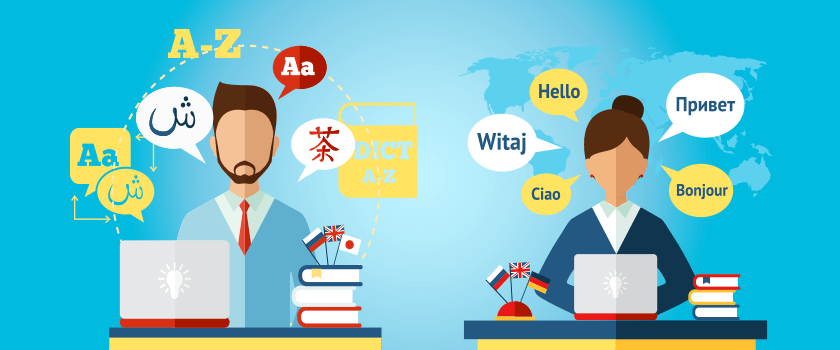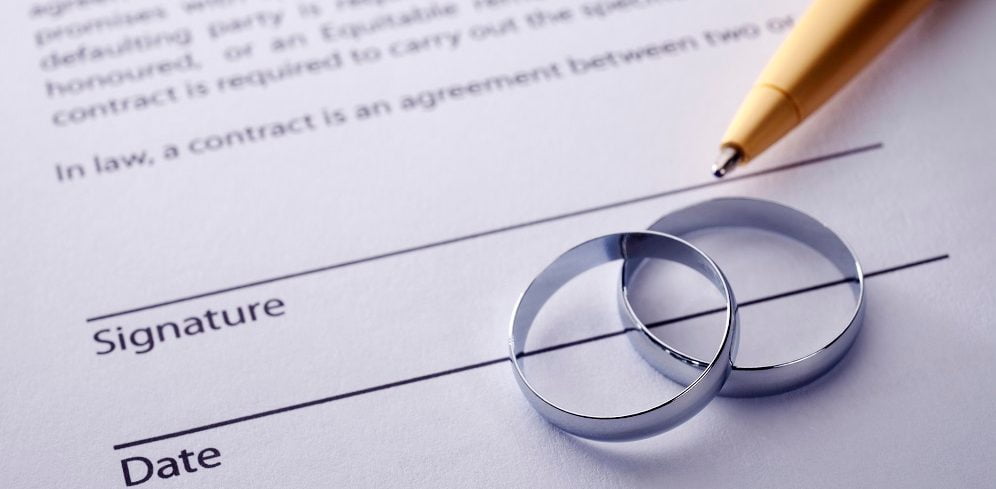As an energy and an aviation global hub, the city of Dubai has added pressure to the expectation of the high specialisation of its technical translations that are highly qualified and certified. The emirate is home to one of the most modern oil and gas business and oil and gas investment, rapidly developing air travel support, and international businesses that rely on precise technical communication with each other. Certified technical translation is not only a supporting feature in areas where any one mistranslation can result in inefficiencies in operations, regulatory non-compliance, or even severe risks to safety, but also makes sustainable operations internationally. With Dubai constantly rising in the level of its participation on the international trading arena, firms in the line of operation are producing a greater need to hire translators that are well-versed in both the linguistic and technical features of the sphere.
Why Technical Translation in the Field of Oil and Gas Needs Specialised Experience
The oil and gas business is highly specific in terms of its use of specific terminology, engineering, and rigid international standards. Translators should have a good command of the technical language of engineers, geologists, project managers and regulators whether in drilling manuals, well-log data, refinery documentation or Health, Safety and Environment (HSE) protocols. Even a general translator will not be able to read and translate reports on the underground or pipeline specifications or process flow charts in the accuracy that it will need in a high-risk setting.
Certified technical translation is needed in Dubai, where the energy providers cooperate with the international partners based in Europe, America, and East Asia to guarantee the homogeneity in the perception of multilingual cohorts. Contracts, vendor agreements and compliance forms have to be reflective of accurate terminology that meets international standards and benchmarks like ISO, API and OSHA. Translator mistake in one of the HSE papers, such as this, can cause a misunderstanding of the processes aimed at saving lives. This is the reason why the business environment of the oil and gas industry in the UAE is shifting to highly depend on certified translators who have engineering experience or training in that sector.
The Accuracy and Compliance of the Aviation Industry
Another industry where no one will compromise precision is aviation. Basing in Dubai are international airlines and other aircraft manufacturers, MRO (Maintenance, Repair and Overhaule) centers, and all the regulatory organizations that require precision in terms of various forms of multilingualism communication. With aircraft maintenance manual, airworthiness directives, pilot training manual, flight operation manual, and safety report, all documents must contain a precise wording to conform to international aviation standard.
Technical translators who have certification in aviation fields should be conversant with terms that are specified by the various aviation bodies like ICAO, EASA, FAA and IATA. Even a small difference in the phrasing may cause deviations that impact compliance. Indicatively, a wrongly translated maintenance guide may undermine the working condition of an aircraft. Likewise, any aviation contracts, procurement documents, and regulatory submissions need linguistic uniformity and comprehensible to avoid misunderstandings between the stakeholders found worldwide.
The multicultural workforce of the city, the wide range of international flights, and the fast development of the aviation industry in Dubai only enhance the need to have certified translators who are not only aware of the language but also of the background of the operations that these findings will be applied to. This holds to guarantee the alignment of the airlines, airport authorities and engineering teams against international safety and communication standards.
What is a Translation Certified in the UAE?
Certified translation in Dubai is translation done by a certified translator and accepted by the law and regulation agencies. These translations may have official seals on them or may contain certificates of correctness to confirm that the document has been faithfully translated and in a manner that is per official requirements.
The certification gives an added level of confidence to such industries like oil and gas and the aviation industry. Technical contracts, government submissions, tenders and compliance reports usually require certification prior to use either regulatory, legal or operations. Certified translation can only be done by the official translators who are sanctioned by the UAE Ministry of Justice or in case of certified translators, they are the approved language service providers that can perform certified translation and use them as a part of official languages in the emirate.
This official check system will make sure companies are not engaged in legal complications, miscommunication with governmental bodies and that they are also in line with international rules of compliance. Certified translation is also important in international partnerships whereby documents are required to be accepted by the regulators of the foreign country as well as the international partners. This certification is therefore not only important, but it is essential especially because of the global nature of the industries of Dubai.
The Potential Benefits of Dubai of No-Less Technical Translation
This means that, after its strategic position as a logistics and as an industrial hub, Dubai is always in contact with the other members of the global partners, suppliers and regulators. Such an ecosystem is enabled by technical translations of high quality because it enables companies to cross languages without losing or otherwise impacting their safety, productivity, or even legal requirements. In the oil and gas business, it allows the multinational units to coordinate their activities during exploration projects, production project and environmental sustainability project. When it comes to aviation it ensures that communications that run are of standard form that is applicable to the international requirements.
Besides ensuring that the operations are carried out in a safe environment, certified technical translation also helps in enhancing the image of Dubai as a business and innovation hub in the world. Organizations that invest into certified translation invest into having the right and certified translation show their commitment to transparency, professionalism and global best practices. This does not only enhance the strength of the internal procedures but also, this creates trust both in the world clients and in the stakeholders.
Conclusion
With Dubai cementing its position in the world oil and gas scene as well as the aviation sector, certified technical translation has become an inseparable part of operations. Such areas require translators who not only have a proficiency of language, but also rich technical knowledge to maintain accuracy, dependability as well as compliance to regulations. Through certified translation services provided according to the high risk and high precision industries, companies contribute to their operations being safer, allowing them to collaborate internationally, and encouraging the further rise of the city of Dubai as the central hub of world trade and innovation.


